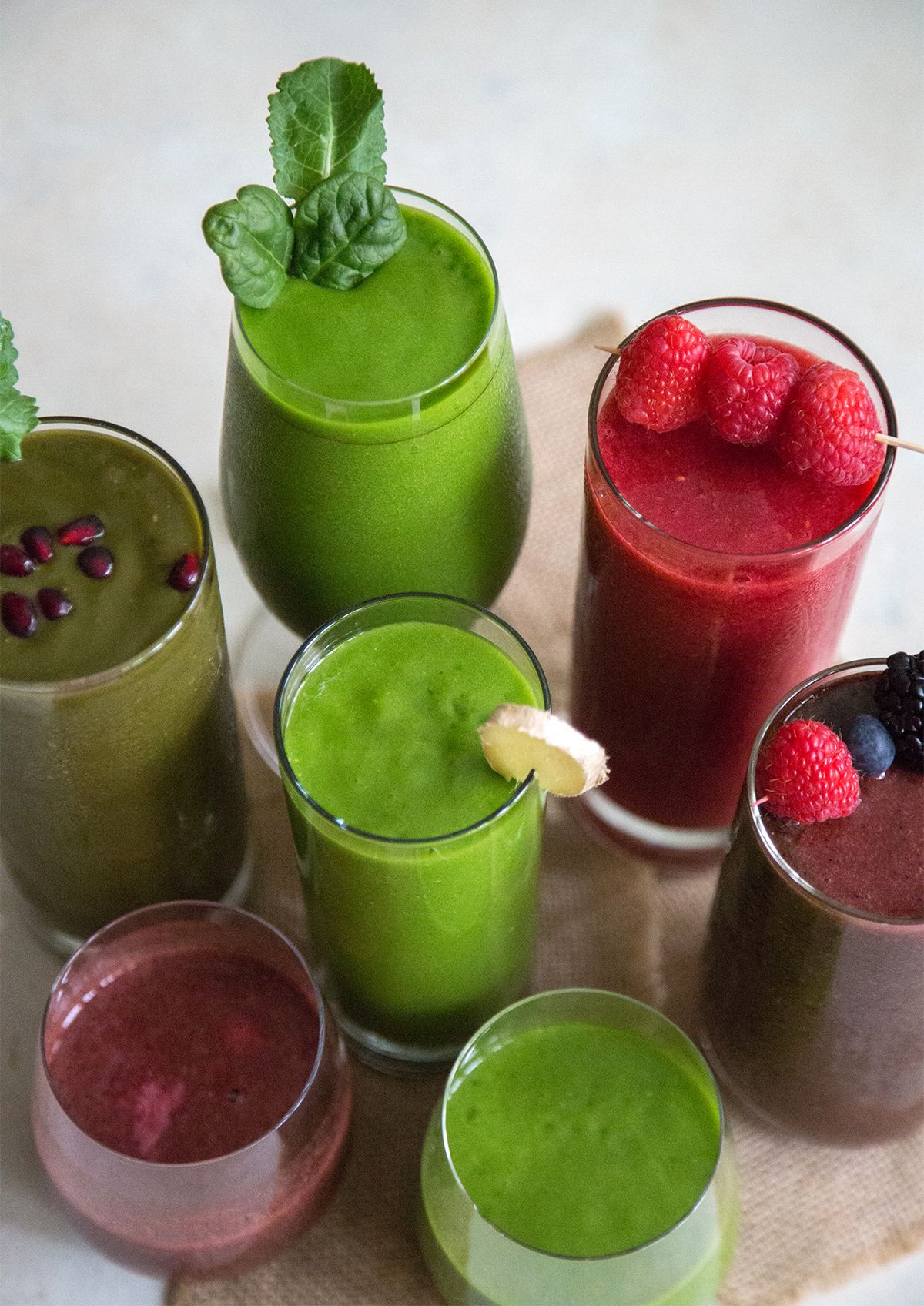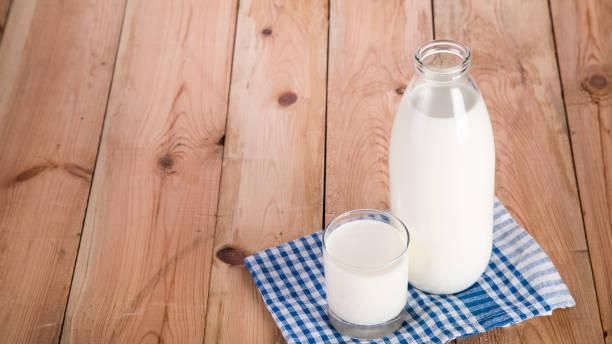Although banana juice may not be the most common fruit juice available in your local grocery store but it is the most fantastically nutritious and delicious juice that is available in some parts of the world.
What is Banana Juice?
Banana juice which can also easily be made at home, is derived from bananas, which scientifically belong to the Musa genus, along with plantains. With more than 70 different species, there is quite a variety of bananas throughout the world, but many of them share similar active ingredients and nutritional profiles. The terms bananas and plantains are often used interchangeably and there are not firm classifications. The different names depend on when they are eaten (ripe or unripe) and how they are prepared (raw or cooked).
Banana juice is a favorite fruit juice of many people, particularly those who like to make juice at home, because it is a wonderful way to eat bananas that have become overripe. Banana juice tends to have a thicker consistency than most fruit juices, as the juice isn’t necessarily separated from the fibrous, starchy material of the banana. Instead, the soft nature of bananas allows for blending, particularly when mixed with milk or water. Therefore, while banana juice may not be the easiest juice to find, it is quite simple to prepare at home. This juice is a rich source of potassium, vitamin C, B-family vitamins, magnesium, manganese, fiber, vitamin A and various polyphenolic compounds.
Benefits of Banana Juice
Some of the most important benefits of banana juice include boosting energy levels, soothing stress and anxiety, increasing immunity, detoxifying the body, strengthening bones, improving sleep quality, lowering blood pressure, aiding digestion and speeding the recovery process.
Improves Energy Levels
There are numerous types of sugars found in bananas, most of which the body can immediately begin processing and using for energy. This means that even a single banana can give you a burst of physical and mental energy, let alone 2-3 bananas in a glass of this delicious juice!
Speeds up Recovery
This juice is popular with athletes, as well as those recovering from extended illness or injury, as it is an excellent source of electrolytes, namely potassium. Without adequate levels of potassium, your muscle function and development is impaired, as is your body’s water balance and nervous system function.
Aids Digestion
The high levels of dietary fiber found in this blended juice is great for digestion, as the fiber will stimulate peristaltic motion, increase the release of gastric juices and improve the nutrient uptake efficiency of your gut.
Maintains Blood Pressure
One of potassium’s main claims to fame is the maintenance of blood pressure, due to its role as a vasodilator. The high levels of potassium in a single banana (approximately 10% of your daily requirement) can help protect against hypertension, as well as atherosclerosis, heart attacks and strokes.
Boosts Immunity
The presence of vitamin C and various B-family vitamins means that this juice is a good immune system booster. Ascorbic acid can lead to the production of white blood cells and also acts as an antioxidant substance to reduce oxidative stress and neutralize free radicals.
Detoxifies the Body
The combination of dietary fiber for the digestive tract and vitamin B6 for managing toxicity levels makes banana juice ideal for cleansing the system. It can stimulate the function of the liver and kidneys, helping to eliminate toxins, salts and fats more rapidly.
Reduces Stress and Anxiety
The balancing properties of potassium, along with the significant content of tryptophan, makes banana juice an excellent mood stabilizer, capable of reducing symptoms of anxiety and stress. This can help lower chronic stress hormones and generally improve inflammation levels throughout the body.
Improves Bone Mineral Density
Some of the sugars in bananas have been directly linked to improving nutrient uptake, particularly minerals. In addition to the notable levels of magnesium, manganese, and potassium in banana juice, this beverage can help protect bone mineral density and prevent the onset of osteoporosis as you age.
How to Make Banana Juice?
Banana juice is one of the simpler juices to make and is probably faster to prepare yourself than finding a grocery store that regularly carries it.
Recipe
Ingredients:
3 medium-sized bananas
1 tablespoon of honey
1.5 cups of milk
1 pinch of cinnamon (for flavor, if desired)
Step 1 – Peel each banana and remove the extra fibers from the side of the fruit.
Step 2 – Slice banana into chunks.
Step 3 – Add the banana chunks, milk and honey to a blender (Add 1-2 ice cubes, if desired)
Step 4 – Blend the mixture for 2-3 minutes, until it has an even, thin consistency.
Step 5 – If the juice is still too thick, add a bit more milk and blend again.
Step 6 – Serve and enjoy!
Side Effects of Banana Juice
Although there are clearly many benefits of banana juice, there are some possible side effects that you should consider including affecting mineral uptake, gastrointestinal problems, weight gain, muscle issues or heart trouble. However, most of these side effects only appear when you consume an excessive amount of banana juice. 1-2 glasses per day should not cause side effects in the majority of people.
Muscle Weakness – Too much potassium can also negatively affect muscle function, as electrolytes like potassium and sodium must remain balanced to achieve water balance and maintain nervous system communication.
Weight Gain – Bananas have an average calorie content ranging from 100 to 120 and while that is approximately 5% of your daily calorie intake, an excessive number of bananas can quickly replace another meal’s caloric value. Regular overconsumption of bananas can thus lead to weight gain.
Cardiac Issues – Hyperkalemia is a condition where you have too much potassium in your blood, and it can cause irregular heartbeats and palpitations. This type of strain on the heart is never a good idea, particularly if you have a history of cardiovascular issues.
Stomach Problems – Since this juice is in a blended form, rather than pure juice, there is a good amount of fiber (roughly 3 grams per banana). While fiber is important for digestion and managing cholesterol levels, too much fiber can cause constipation, bloating, cramping and excess flatulence.
Bone Density – When you drink too much of this juice, the dietary fiber in the starchy bananas can impair your body’s ability to absorb nutrients, particularly minerals like calcium and iron. So, while your potassium levels would be excellent, you may be making yourself deficient in other critical minerals.







